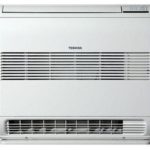Inverter heater - what is it? Which one to choose for a house or apartment? What are the types, their pros and cons? To buy a high-quality and reliable inverter heater, you need to know the answers to all these questions. In this article you will learn the answers to them and with this store of knowledge you can make the right choice.
What it is
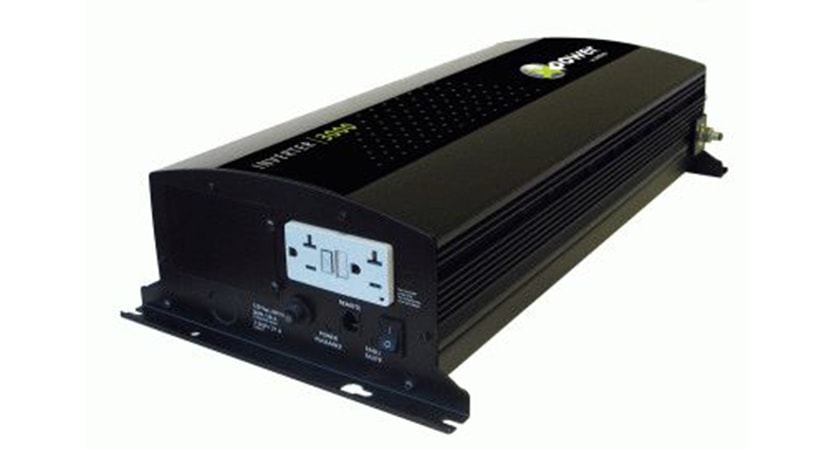
The inverter heater resembles an air conditioner in principle. The main part of the device design is a heat pump, which consists of internal and external units. The indoor unit acts as a heat exchanger, into which freon is supplied under high pressure. Freon temperature can reach 70–80 ° C. After heating, it goes to the outdoor unit, where lower pressure. Then freon passes from a liquid state to a gaseous state, as a result of which it gives off its heat.
Inverter heaters are very efficient. Even in rooms with a very low temperature, it works all the same intensively, and at the same time without losing efficiency. It is not necessary to constantly monitor the operation of the heater; it itself reduces the intensity of work when the desired air temperature has reached the room.
![]() See also - How to choose a good gas heater for a summer residence
See also - How to choose a good gas heater for a summer residence
Advantages and disadvantages of the inverter heater
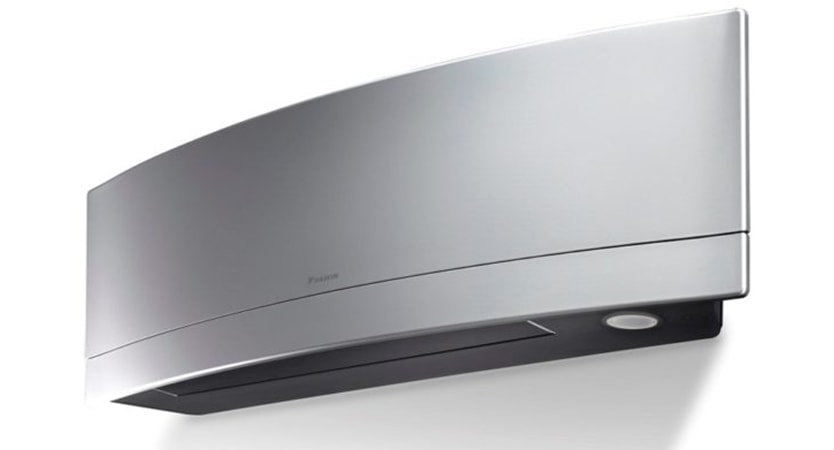
The main advantage of such a heater is the absence of the need to obtain permission for its installation and use, which, for example, a gas boiler cannot boast of. Other benefits include:
- safety at work;
- environmental friendliness;
- noiselessness;
- ability to work in a very cold room with a low temperature;
- energy saving;
- automatically reduces power when the set room temperature is reached.
A significant drawback of the device is the high price and the fact that a weak power supply network will not pull the inverter heater. Also, repairing the device is extremely difficult, the necessary parts for replacement can be expected for several months.
Types of inverter heaters for home
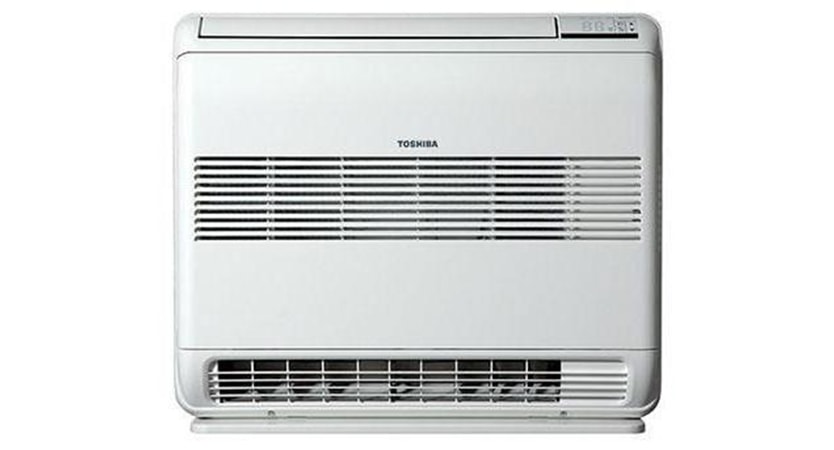
The most popular inverter heater for the home is a gas heater that runs on natural or liquefied gas. This is the most economical type of such devices - they give out the maximum amount of heat with minimal energy consumption.
The next view is an infrared inverter heater. The principle of operation of such a device is that infrared rays do not heat the air itself, but objects and surfaces that it encounters, and these objects already give off heat to the environment.By the same principle, the sun heats the planet. This heater heats the house well, but it works best in gazebos, terraces or in the open.
The last type of inverter heaters are conventional air conditioners, but they are additionally equipped with heat pumps.
![]() See also - Infrared heaters harmful or not
See also - Infrared heaters harmful or not
How to choose the inverter heater for the home
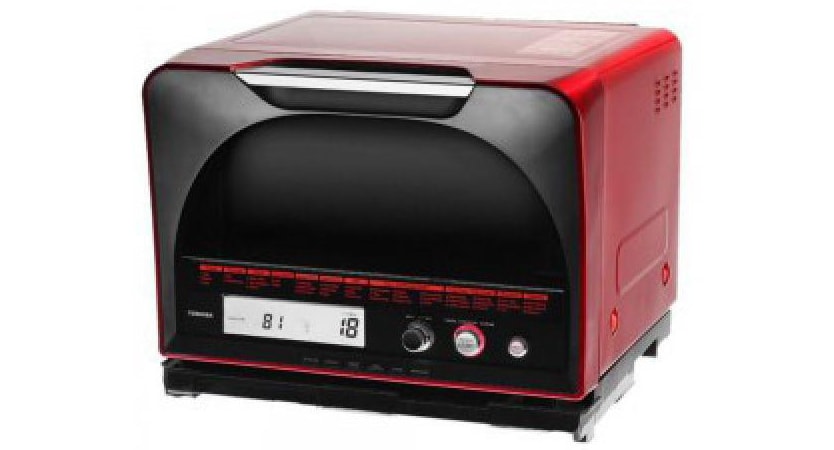
The main parameter that you need to pay attention to when choosing an inverter heater is safety in use. The heater must be equipped with high-quality wiring that can cope with a high network voltage and even in case of ignition it will quickly decay and will not create a fire hazard situation. Also on the heaters must be present:
- European Conformity Mark (CE) —the presence of this mark means that the product is manufactured in accordance with the requirements of European Union directives and guarantees safety for health and the environment.
- Quality certificates, as well as mandatory documents, as well as CE marking that should be included with the heater.
- Serial number - bona fide manufacturers always write a serial number on their product, so that in case of complaints it is easier and faster to find manufacturers and understand the problem.
If you choose a specific device, then preference should be given to Japanese manufacturers such as: Samsung, Toshiba or Daikin. Japan was the first to start producing inverter heaters and so far no one has been able to surpass them in the quality of operation and maintenance of devices. A feature of Toshiba heaters is the presence of an air filter that fights bacteria that lead to various diseases.
How to use the device correctly
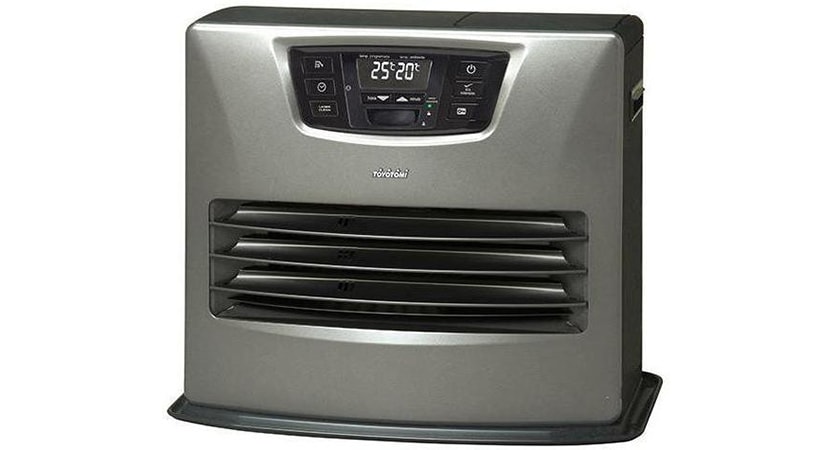
Unlike an oil heater or central heating, inverter heaters automatically reduce the power of their work when the room has reached the set temperature, which will save customers money. To achieve the maximum shelf life of the device, there are several rules that will extend its service:
- the distance from the device to the nearest object or surface should not be less than 40 centimeters;
- leave it turned on at night is not recommended;
- Do not put wet clothes on it;
- Do not mount the device near the window.
![]() See also - How to choose the perfect air conditioning for home and apartment
See also - How to choose the perfect air conditioning for home and apartment


